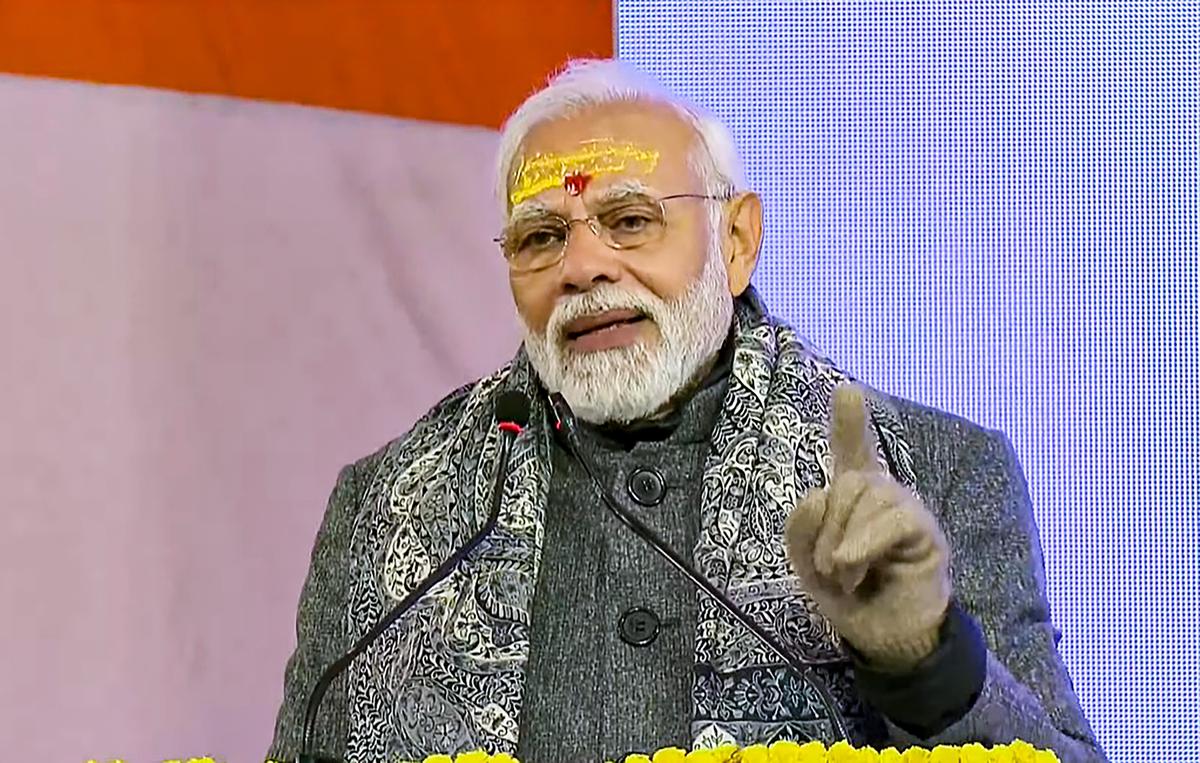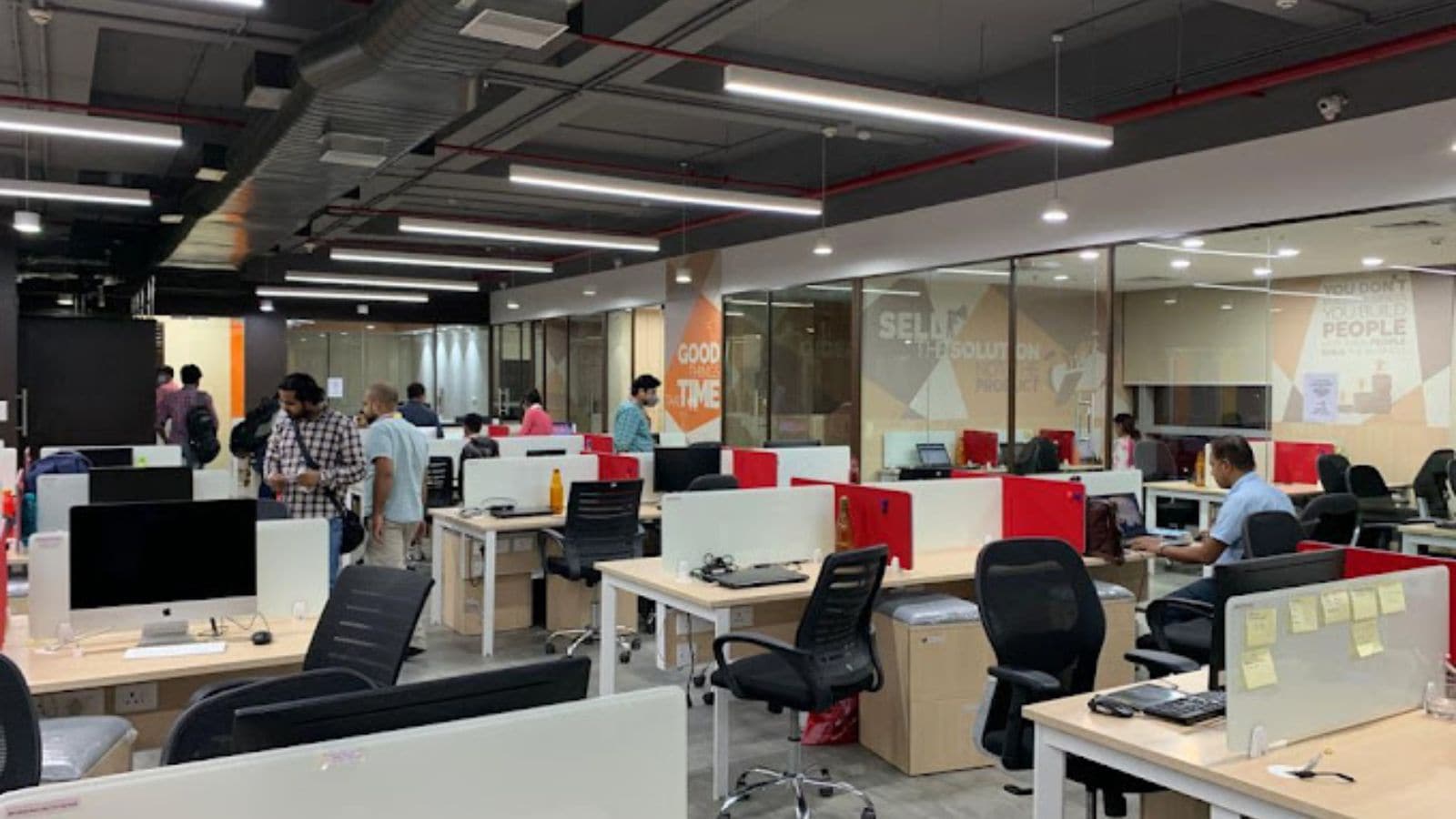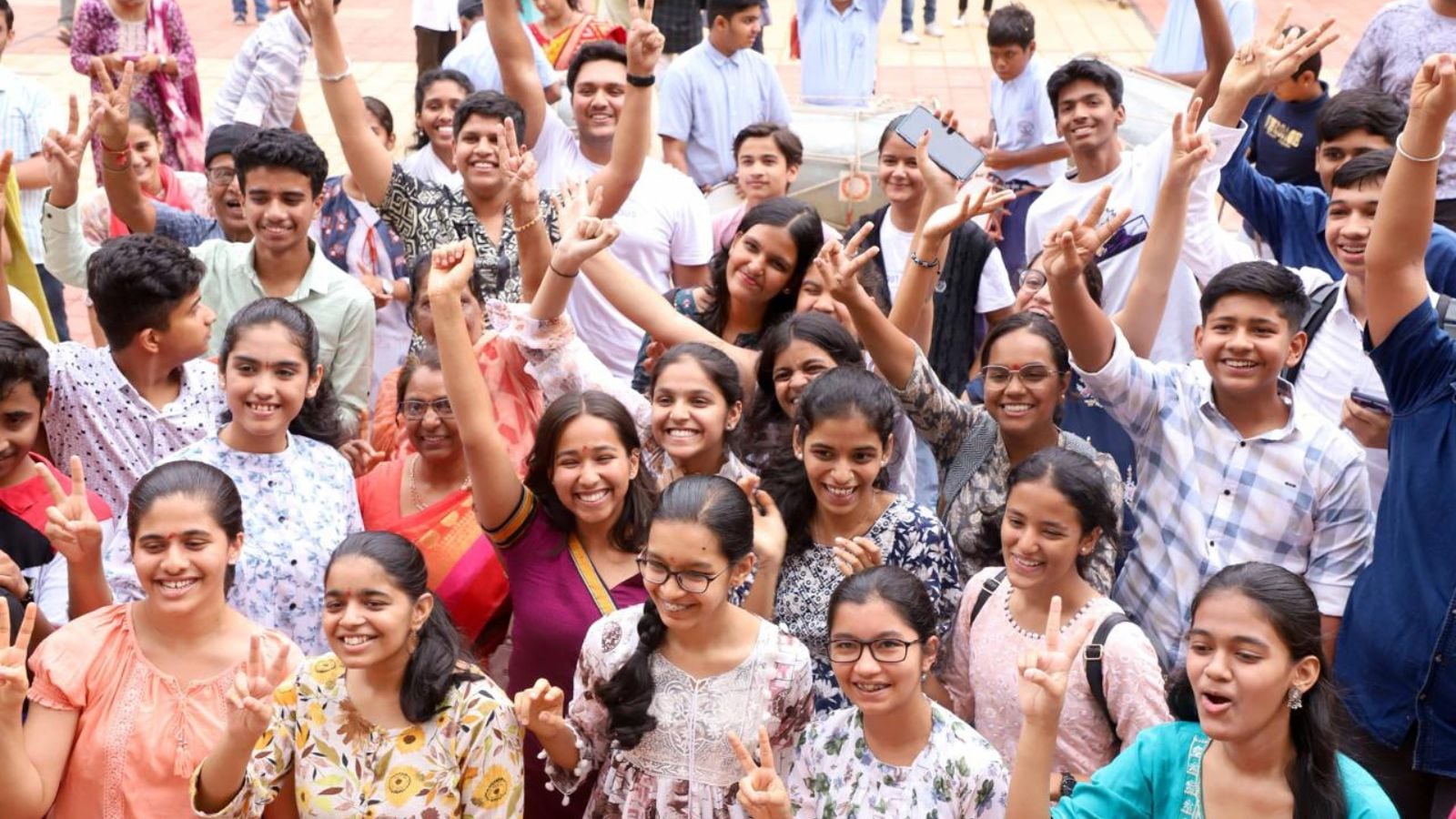Prime Minister laid the foundation stone of projects worth more than ₹3,400 crore in Uttarakhand
Prime Minister laid the foundation stone of projects worth more than ₹ 3,400 crore in Uttarakhand
Prime Minister Narendra Modi on Friday urged countrymen to spend 5% of their travel expenditure on buying local goods produced by natives of the respective places they visit.
“I can’t order people but I can request all of you to at least spend 5% of your total travel expenses — be it a spiritual or a leisure trip — in buying local products from the people where ever you travel. This will help increase the income of the local manifolds,” said PM Modi, who also lauded the local vendors in Mana for using digital platforms for financial transactions, giving a boost to the digital India mission.
The PM was speaking at a rally after laying the foundation stone of road and ropeway projects worth over ₹3,400 crore in the last village of Uttarakhand, Mana (next to Bardinath temple).
Call to break free from colonial mindset
Recalling his appeal to the nation from the ramparts of the Red Fort to break free from the colonial mindset, the Prime Minister said that the need to make this appeal after 75 years of independence underlined the mentality of slavery that has shackled the nation profoundly, so much so that some people in the country considered the work of development in here “as a crime”.
“The progress made in the development of the country is weighed upon a beam scale of slavery,” the PM said, adding that for a long time, the places of worship in the country have been looked down upon. It is the colonial mindset of people that has led to the dilapidation of age-old temples, he added.
The PM said that everyone remembers what happened during the construction of the Somnath temple and Ram temple. “The dilapidated condition of these shrines was a clear sign of the slavery mentality,” he said.
Mr. Modi pointed out that even the paths that led to the shrines in Uttarakhand were in an extremely poor state. “The spiritual centres of India remained neglected for decades. And it was due to the selfishness of the previous governments,” he charged.
“Today, Kashi, Ujjain, Ayodhya and many more spiritual centres are reclaiming their lost pride and legacy. Kedarnath, Badrinath and Hemkund Sahib are holding the faith while connecting the services with technology”, he said. “From Ram temple in Ayodhya to Maa Kalika temple in Pavagadh, Gujarat to Devi Vindhyachal Corridor, India is announcing its cultural and traditional upliftment.” He further added that pilgrims will find it easy to reach these centres of faith and the services that are being introduced will make the lives of the elderly easy-going.
Of border villages and connectivity
Noting that Mana village is known as the last village at India’s borders, the Prime Minister said, “For me, every village at the border is the first village of the country and the people residing near the border make for the country’s strong guard.”
The Prime Minister prayed for the safety of construction workers and other personnel involved in these projects and acknowledged their devotion in these difficult working conditions.
Mr. Modi also claimed that the resilience of the people from hilly areas was used against them. Their hard-working nature and strength were used as an excuse to deprive them of any amenities; they were last in priority for amenities and benefits, he said, adding that we had to change this.
Remarking that “modern connectivity is a guarantee of national defence”, the PM said that the government has been taking one step after the other in this direction for the past eight years.
He presented two major connectivity schemes launched a few years ago — Bharatmala and Sagarmala — as examples. While with Bharatmala, the borders areas of the country are being connected with the best and widest highways, with Sagarmala, the connectivity of India’s seashores is being strengthened, he pointed out.
He further said that the government has executed unprecedented expansion of border connectivity from Jammu and Kashmir to Arunachal Pradesh in the past eight years. “Since 2014, the Border Roads Organisation has constructed about 7,000 km of new roads and built hundreds of bridges. Many important tunnels have also been completed,” he listed.
Development projects
About the development projects for which foundation was laid, Chief Minister Pushkar Singh Dhami said that the Kedarnath ropeway will be about 9.7 km long, connecting Gaurikund with Kedarnath and reducing the travel time between the two places from the present 6-7 hours to around 30 minutes.
“Hemkund ropeway will connect Govindghat with Hemkund Sahib. It will be about 12.4 km long and will reduce the travel time from a day to just 45 minutes. This ropeway will also connect Ghangaria, which is the gateway to the Valley of Flowers National Park,” Mr. Dhami said, adding that both these ropeways will be developed at a cumulative cost of about ₹2,430 crore.
Apart from this, the foundation stone of road widening projects worth about ₹1,000 crore was also laid by the PM. The two road widening projects — Mana to Mana Pass (NH – 07) and Joshimath to Malari (NH107B) — will prove to be another step towards providing all-weather road connectivity in the border areas. Apart from boosting connectivity, these projects will also prove to be strategically beneficial.



.jpg)




